Antonio Guterres said in an interview with the Associated Press that it was “unrealistic” to think that the United Nations could play a role in administering the territory or providing peacekeeping forces in Gaza, because Israel was unlikely to accept a UN role.
But he said "the UN would be ready to support any ceasefire". The UN has had a military observer mission in the Middle East, known as UNTSO, since 1948 and "on our side, this is one of the hypotheses that we have put forward", he said.
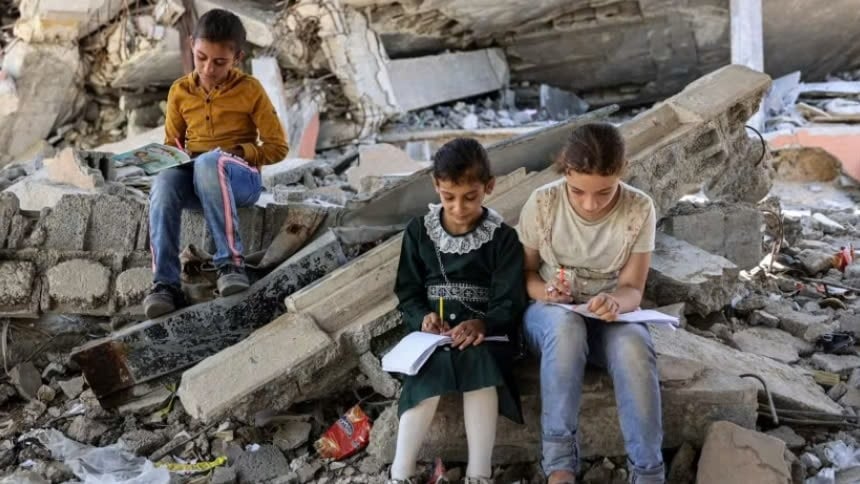
Children study among the rubble of destroyed buildings near a tent used as a temporary education center for primary school students in Jabalia, northern Gaza Strip on September 8, 2024. Photo: AFP
"Of course, we will be ready to do whatever the international community asks us to do," Mr. Guterres said. "The question is whether the parties, especially Israel, will accept it."
Stressing the urgency of the ceasefire, Mr. Guterres said: "The suffering we are witnessing in Gaza is unprecedented in my tenure as Secretary-General of the United Nations. I have never seen the level of death and devastation that we are seeing in Gaza in the past few months."
According to Gaza's health authority, the war has killed more than 40,900 Palestinians, devastated the territory almost completely and displaced about 90% of its population - 2.3 million people.
Israeli Prime Minister Benjamin Netanyahu has accused the United Nations of being anti-Israel and has sharply criticised the UN's humanitarian operations in Gaza, declaring that "no one will lecture me".
Mr. Guterres stressed that a two-state solution to the decades-long conflict between Israel and Palestine is not only possible, but “the only solution.” However, despite the international community’s support for recognizing the State of Palestine, Mr. Netanyahu’s administration has repeatedly stated that it rejects this possibility.
The UN secretary-general asked whether alternatives were feasible. “That would mean 5 million Palestinians living there without any rights to a state,” he said. “Is that feasible? Can we accept an idea similar to what we had in South Africa in the past?”
He was referring to the apartheid regime in South Africa from 1948 until the early 1990s, when all power was in the hands of whites and blacks were deprived of many rights, including the right to vote.
“I don’t think two peoples can live together without equality and respect,” Mr. Guterres said. “So, in my opinion, a two-state solution is a must if we want peace in the Middle East.”
Ha Trang (according to AP, CNA)
Source: https://www.congluan.vn/tong-thu-ky-lien-hop-quoc-su-dau-kho-o-gaza-la-dieu-toi-te-nhat-ma-toi-tung-chung-kien-post311547.html


![[Photo] Looking back at the impressive moments of the Vietnamese rescue team in Myanmar](https://vstatic.vietnam.vn/vietnam/resource/IMAGE/2025/4/11/5623ca902a934e19b604c718265249d0)




![[Photo] "Beauties" participate in the parade rehearsal at Bien Hoa airport](https://vstatic.vietnam.vn/vietnam/resource/IMAGE/2025/4/11/155502af3384431e918de0e2e585d13a)
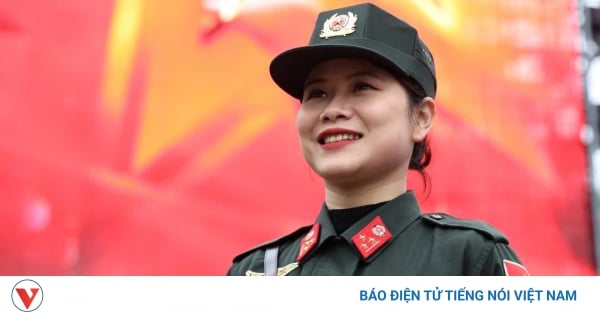

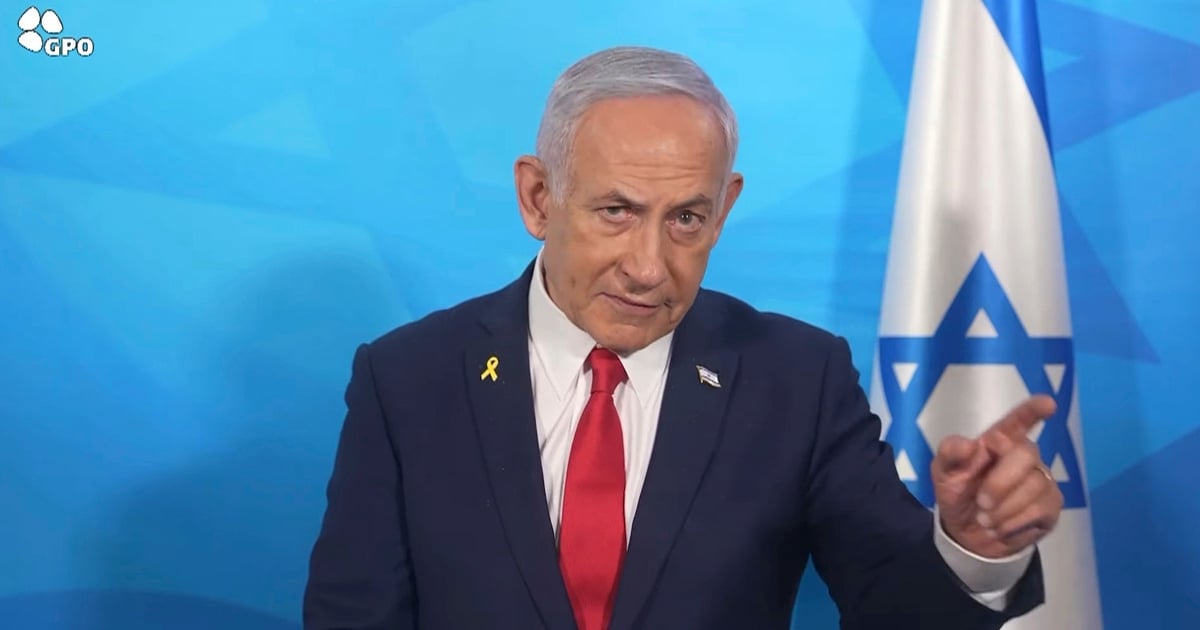

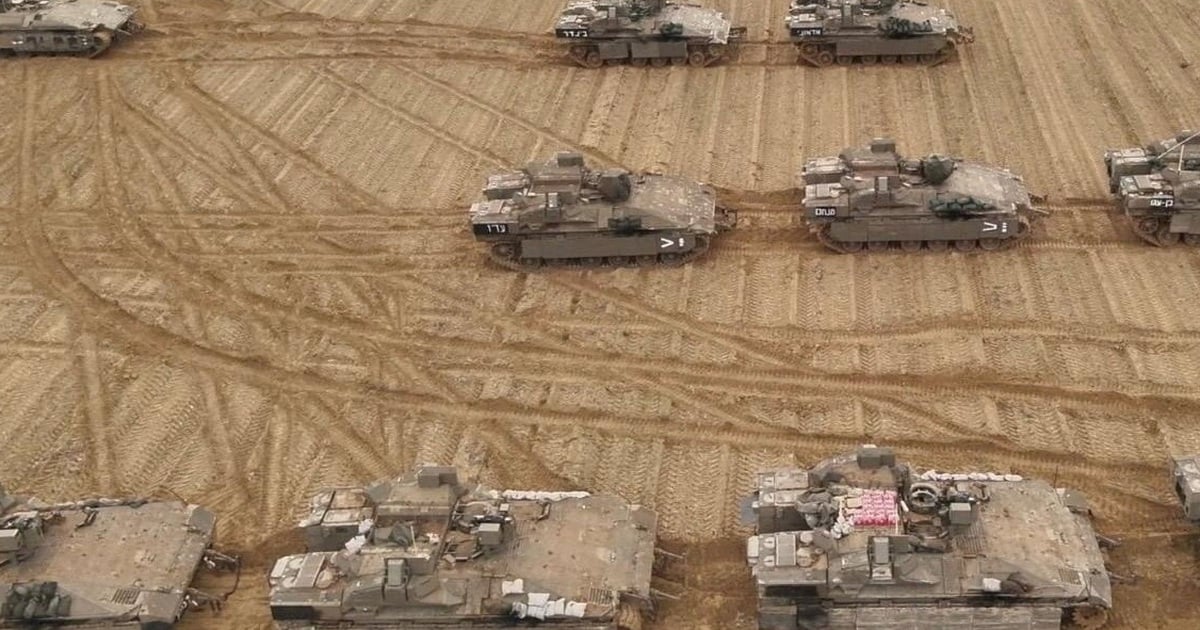
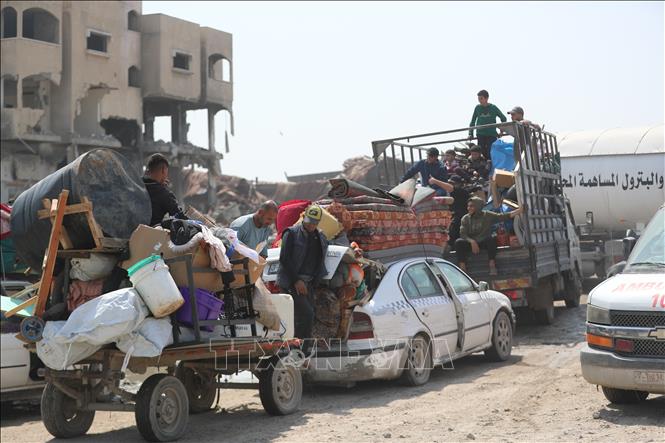

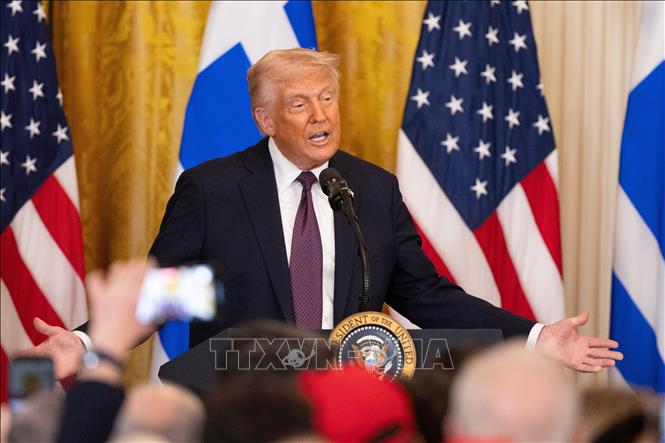
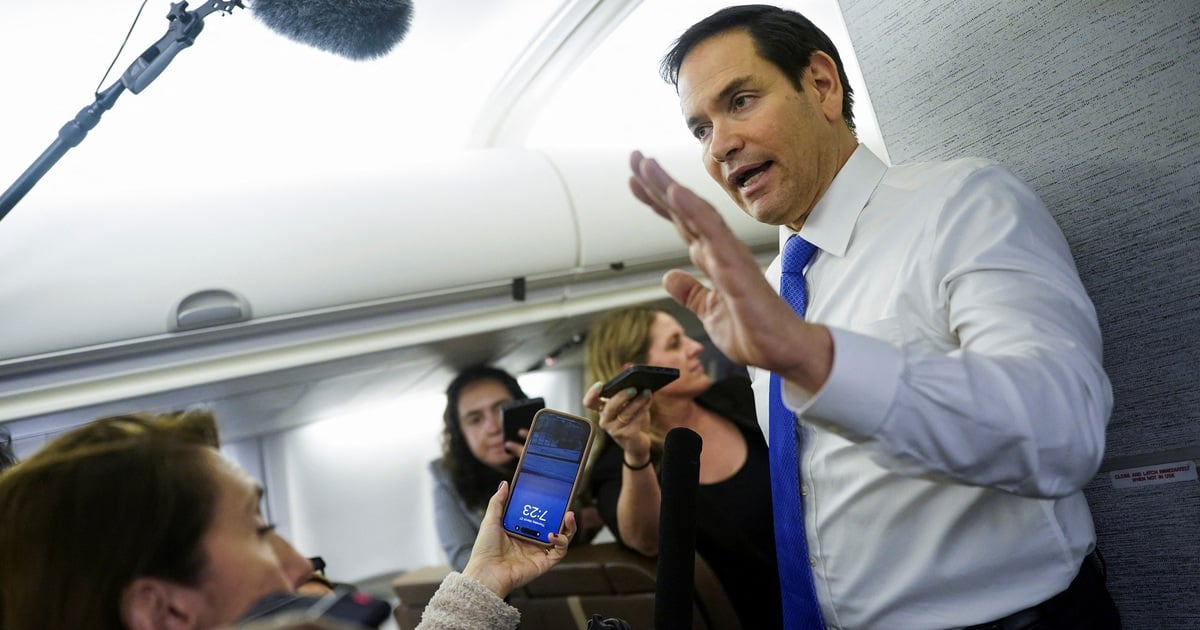
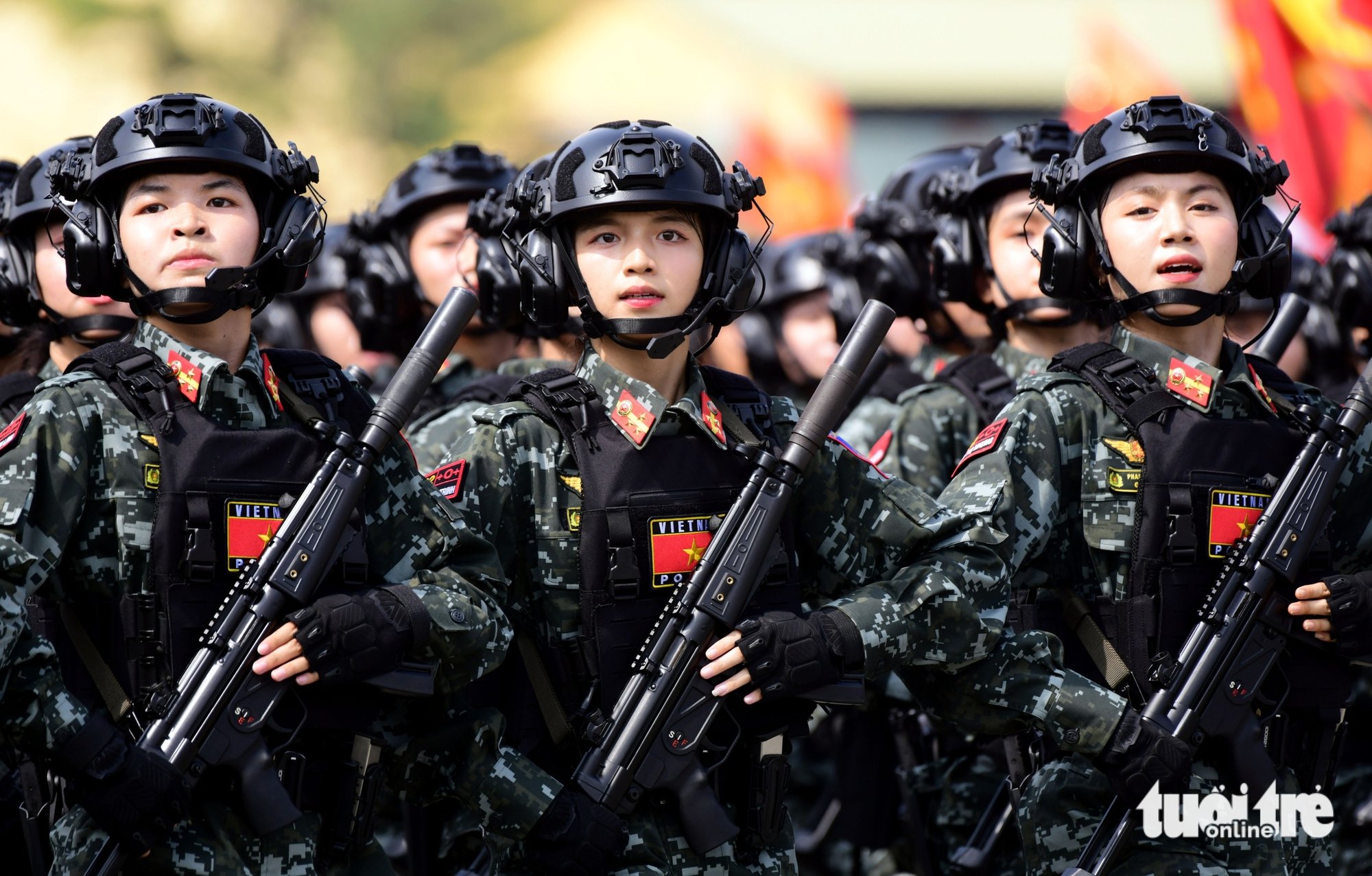

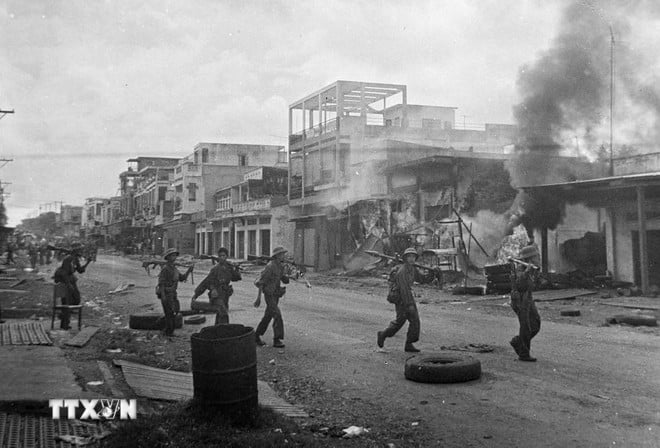
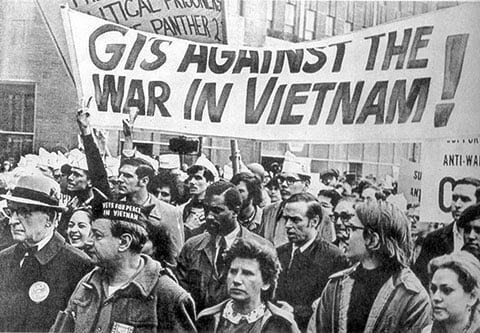
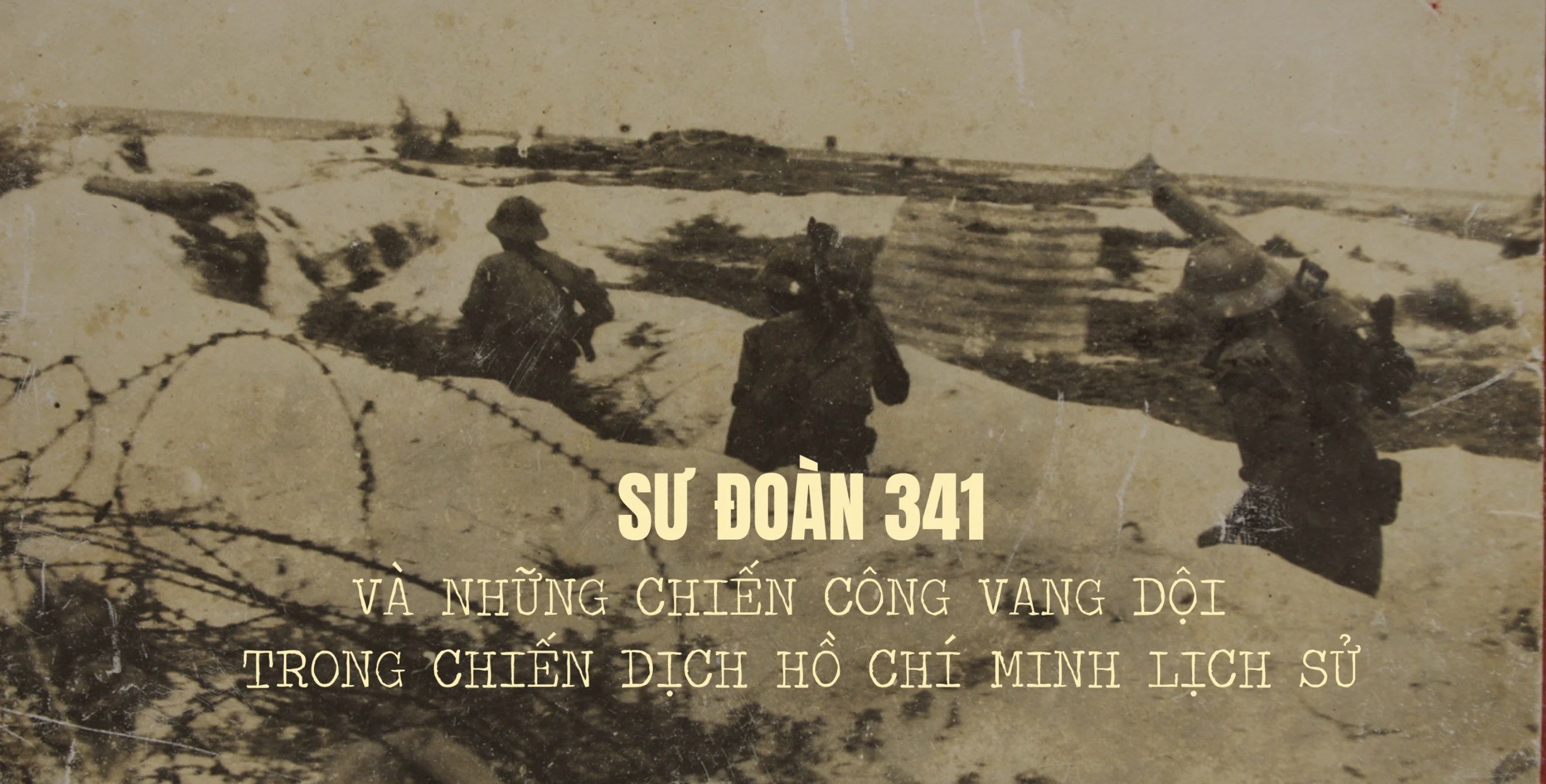
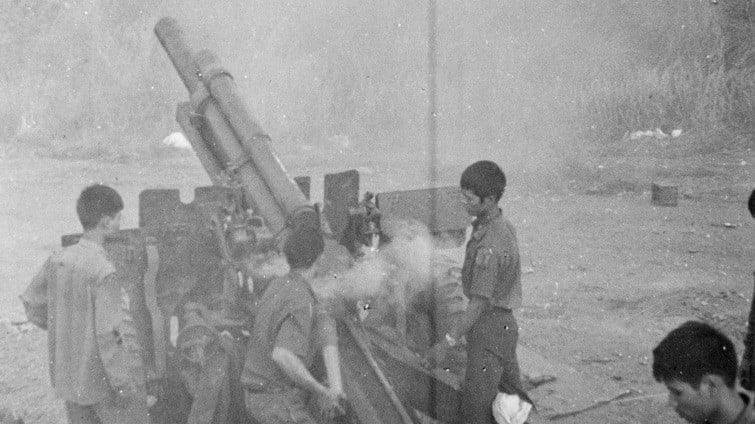






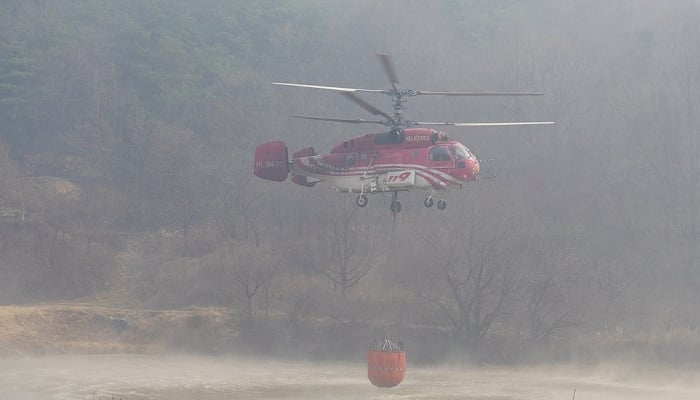

![[Photo] Summary of parade practice in preparation for the April 30th celebration](https://vstatic.vietnam.vn/vietnam/resource/IMAGE/2025/4/11/78cfee0f2cc045b387ff1a4362b5950f)








































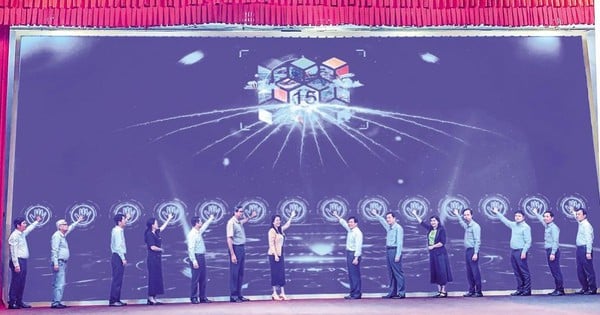
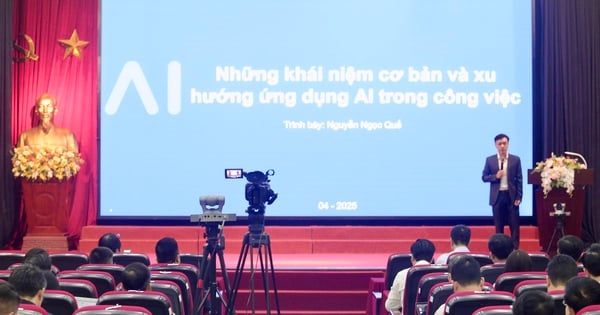
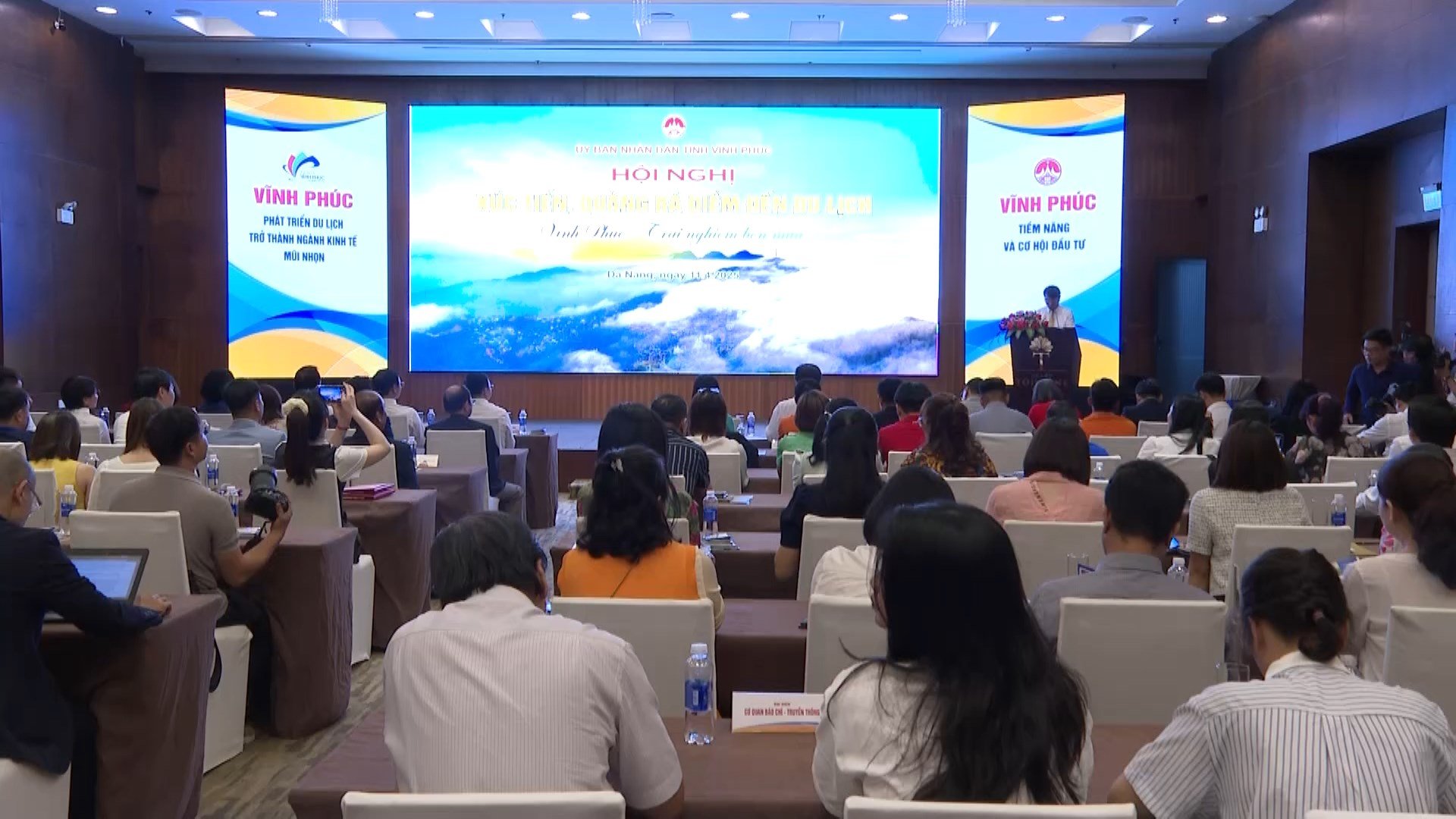
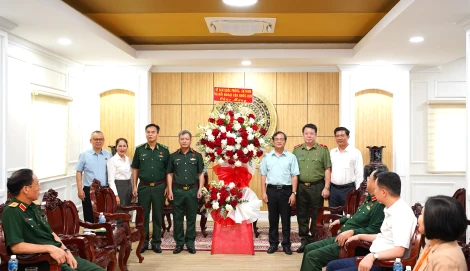


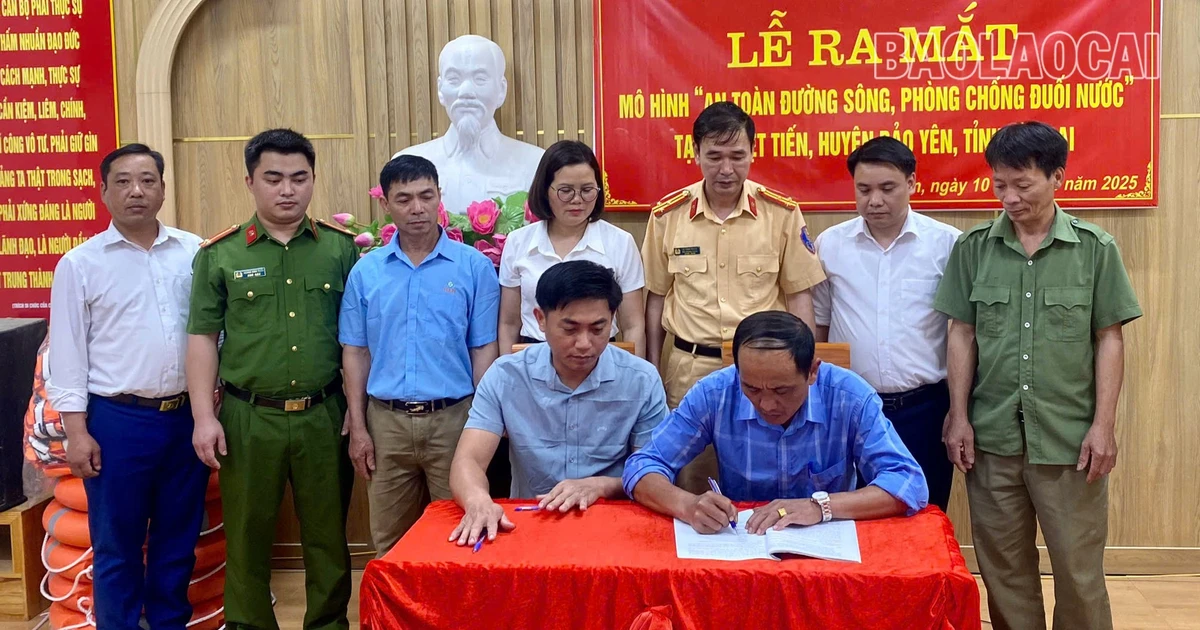
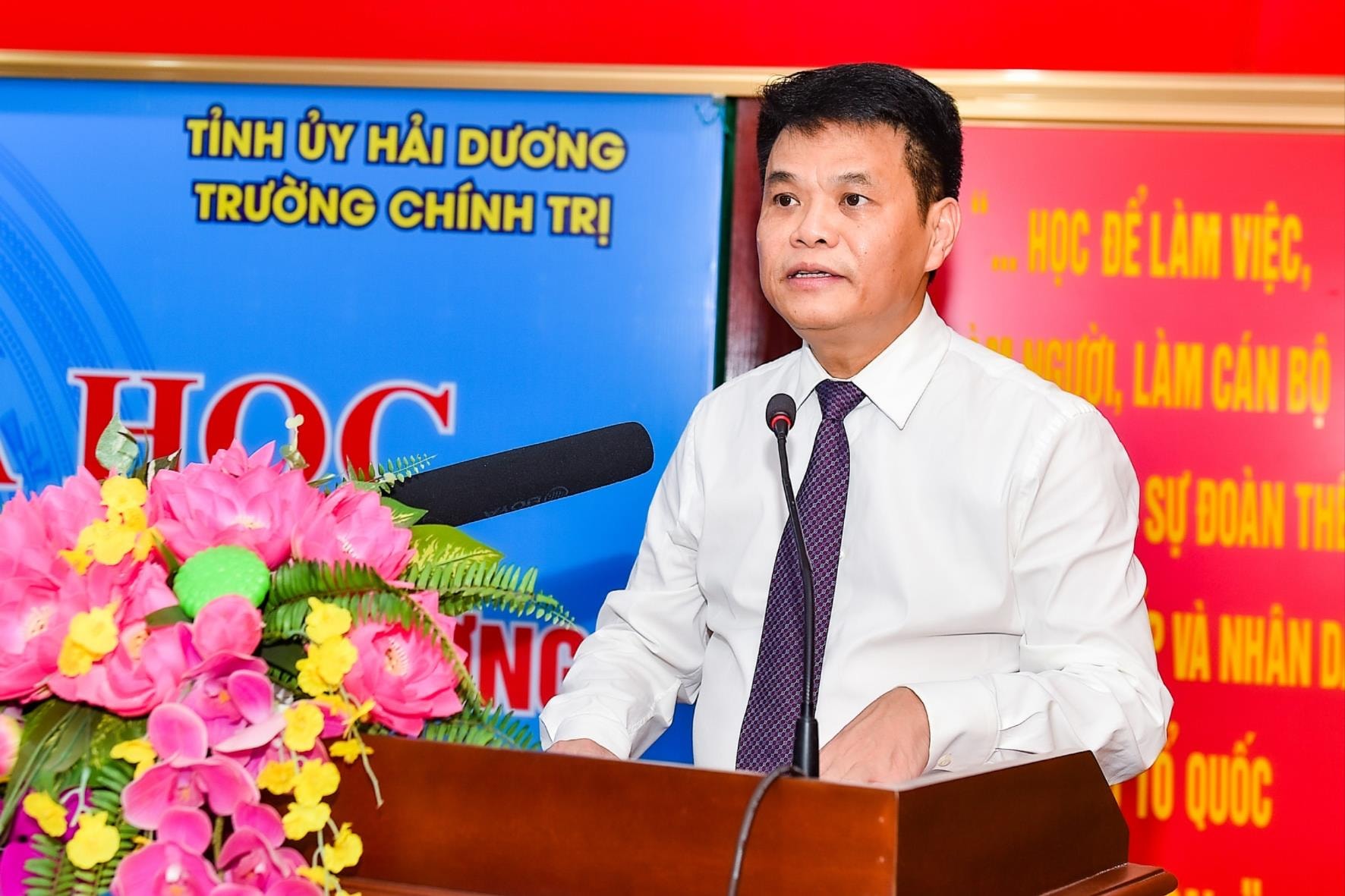

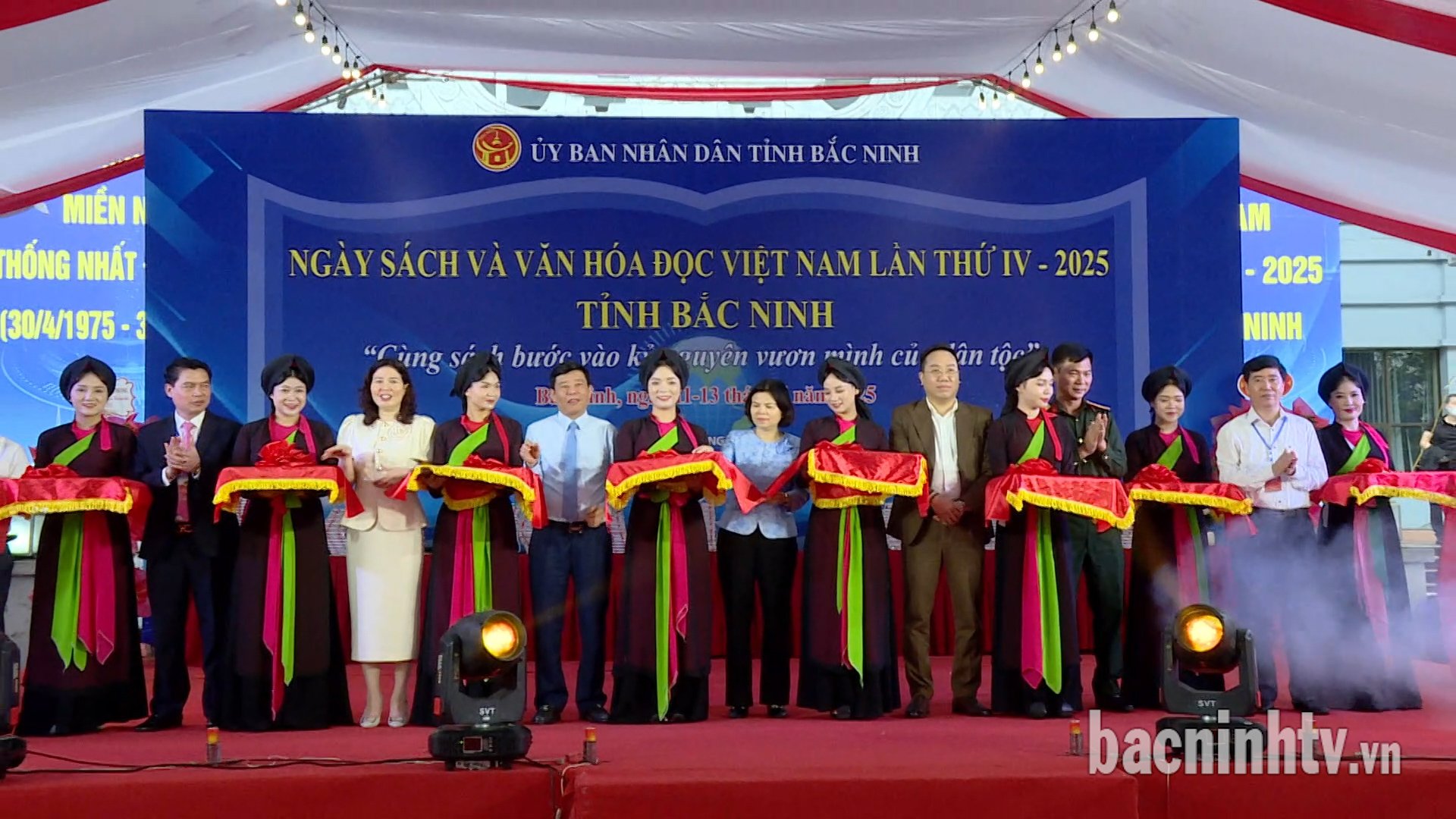











Comment (0)